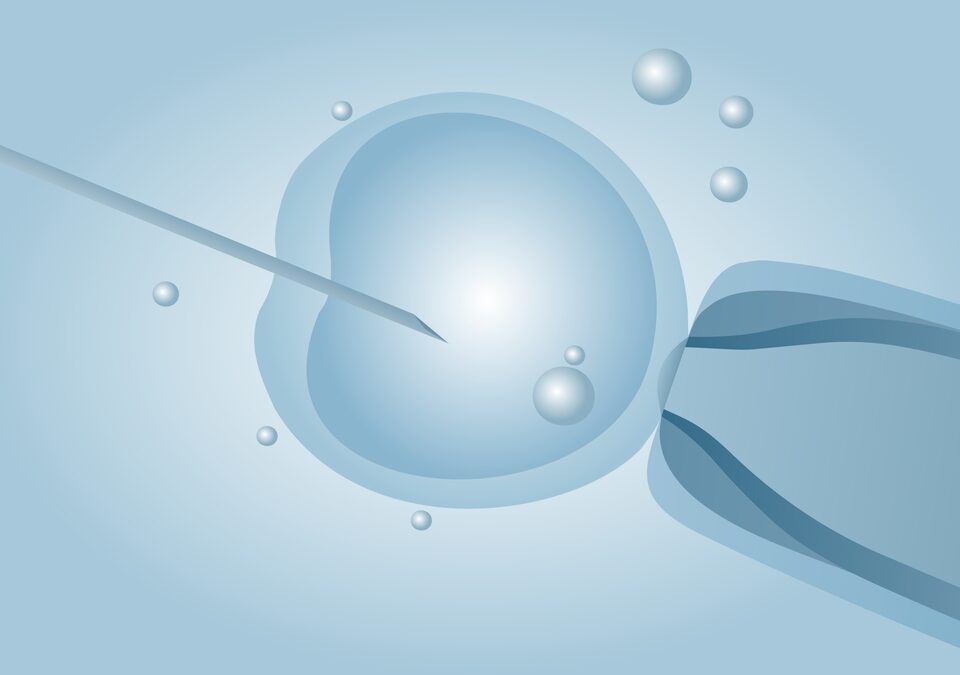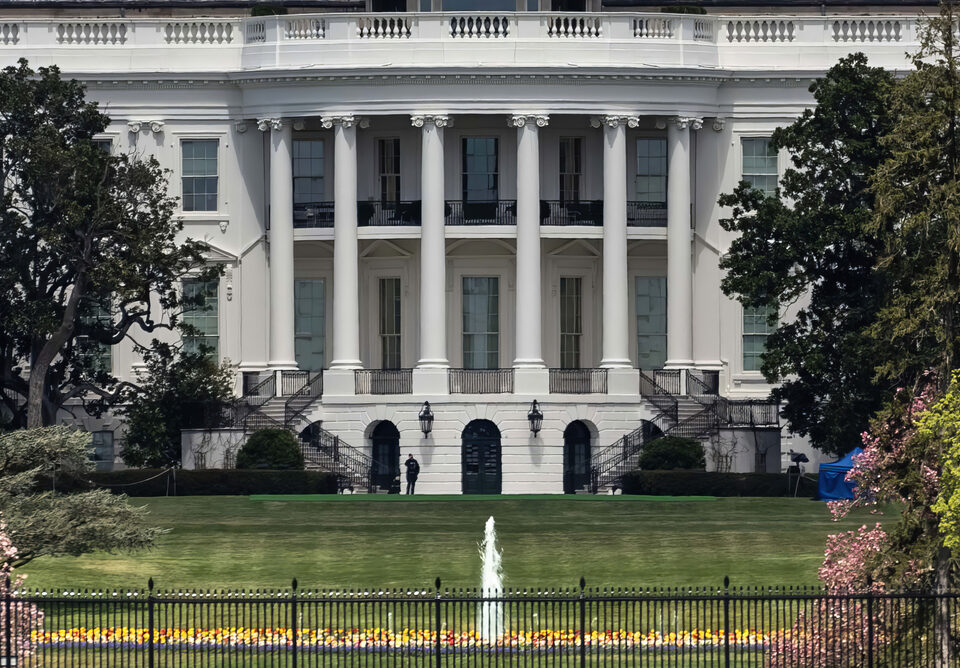Missouri Bill Attempts to Assign Personhood to Embryos
May 18, 2016IVF and Age: Challenging the Biological Clock
May 27, 2016Tolerance of gay couples is moving in the right direction in China. Recently a Chinese lesbian couple welcomed twins through assisted reproduction. These women spoke to the media, liberating themselves from prejudicial restraints.
China lifted its 35-year-old one-child policy in January, allowing Chinese citizens to have two children. While only married heterosexual couples in China are allowed access to assisted reproduction services, lesbian couple Rui Cai and Cleo Wu took matters into their own hands.
According to Anthony Kuhn of NPR, Wu and Cai are one of the first lesbian Chinese couples to have used assisted reproduction to implant embryos created with one woman’s eggs in the other’s uterus.
Using Wu’s eggs and a sperm donor from the United States, two embryos were implanted in Cai at a fertility clinic in Portland, Oregon. The couple then returned to China, where their twins were born.
Cai explained the decision to deliver at a private hospital in Beijing, rather than a state-run hospital, stating, “What we wanted was a straightforward attitude and equality of service. Somewhere where we didn’t have to explain everything or be met with discriminatory, judgmental looks.”
“The birth is seen as a sort of milestone in China, which has become a more tolerant place for gay couples over the past nearly four decades,” Kuhn reports. “However, same-sex couples are not allowed to marry in China, where policies and laws still favor traditional families. Only heterosexual, married couples are allowed to have children and, if needed, get access to reproductive services such as surrogacy.”
The article noted that Cai and Wu were more fortunate than most. They were educated in Great Britain and were able to journey overseas for assisted reproduction services. When they returned home, they could pay for private hospital accommodations.
And this is not the norm for LGBT community.
“To have families, they [LGBT] often resort to fake marriages and black market services, which are fraught with moral, financial and health risks,” Kuhn writes.
Cai and Wu have created a social media portal for other lesbian couples who want to have children. According to the article, the ladies chat about their experiences while giving advice, reviewing hospitals, and offering solutions to governmental obstacles, such as registering children with the authorities.
According to Kuhn, Cai and Wu may face bureaucratic hurdles in the future when it’s time to register their children for government ID cards or school.
However, knowing how empowered and determined these ladies are, they should find a way to resolve these matters.
The article explained how the couple tackled one of their largest hurdles: the acceptance of their parents, part of a Chinese generation that believes homosexuality is something fearful.
In China, children and grandchildren must take care of their elders.
“They think it’s OK for us to choose this homosexual lifestyle,” said Cai in the article. “But we’ve got to have offspring. It’s a compromise or a precondition we must meet for them to accept our lifestyle.”



